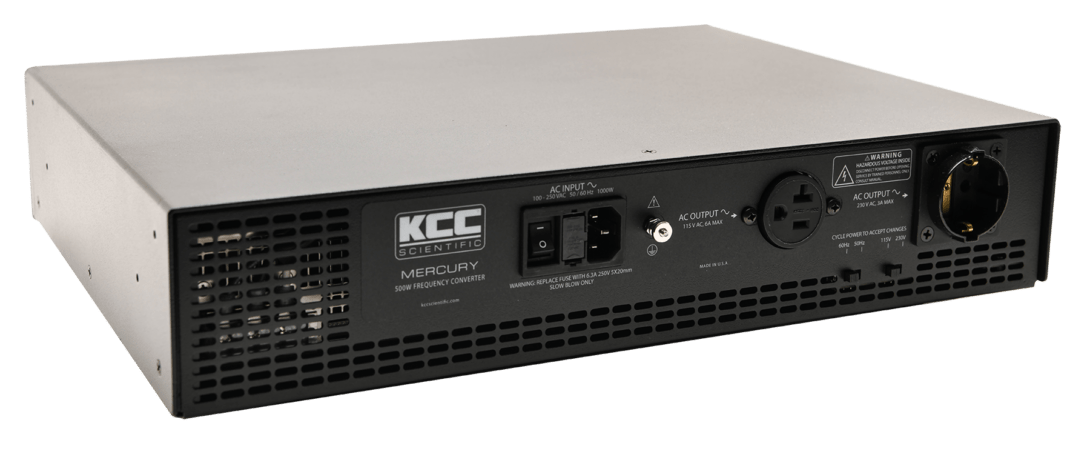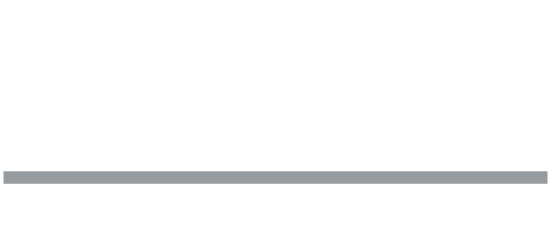KCC Scientific products have conservative power ratings and are well-protected against overloads, securing both the converter itself and the device you’re operating. This is no accident; that is the way we intended it. When selecting a voltage and frequency converter, save yourself worry and future disappointment by settling for nothing less than a product that solves the whole power conversion challenge. KCC Scientific confidently presents their products with a two-year warranty as a result of this built-in ruggedness.
How conservative are the ratings on KCC Scientific products? Recently we ran an experiment. We plugged an electric drill rated for 120V AC and 5 amps (that’s 600 watts) into a Hercules and gave it a go. Remember, Hercules is rated to deliver 200 watts! Yet, Hercules powered the drill with substantial torque! There is no doubt that we could have tackled a great number of projects with that drill plugged into Hercules, even though when we stalled the drill (held the chuck of the drill so it couldn’t move) the converter ultimately reset and restarted. But no damage was done!
You might be wondering, “How does a converter rated for 200 watts power a 600 watt drill?” We don’t claim that Hercules can produce 600 watts. But there is something unique about our converters. The internal electronic design of the converter is such that it continues to try and deliver power, even when its rating is exceeded. This is unlike any voltage and frequency converter on the market that we know of; most would shut down instantly when more power than its ratings is demanded.
This capability is called surge power capability. Because of it, you can have confidence that our voltage and frequency converters are going to perform, even in demanding situations.
Here’s another example. Recently a customer came to us with an unusual problem. They were trying to power a 300-watt electronics-crimping tool designed for European power (240V AC at 50Hz) in Japan. There, about half of the grid is 50Hz and the other half is 60Hz, and the mains voltage is anywhere between 90-110V AC. This particular customer had tried numerous other converters, including one that weighed 88 lbs (40kg) and was rated for 500 watts. It failed to live up to its specifications, and would shut down (go into so-called “Hiccup mode”) because of the short-term surge power demands of the equipment.
This customer asked us if we could modify a Hercules to perform this task. We didn’t have to. We shipped the customer our standard product, and as we expected, it outperformed the 500-watt boat-anchor import product. Nothing is better testimony to the Hercules’ brute capability than this very happy customer, who subsequently purchased multiple devices and loves the product.
Another reason KCC Scientific converters are superior is that they effectively protect against damage from mains power transients. Generally speaking, a mains power transient is a short-term wave of current, voltage or power delivered at the mains outlet. Mains transients are short-lived but can present a challenge to delicate electronic equipment plugged into that outlet. Mains transients can damage or even destroy delicate electronic devices. Though the spike is quickly fleeting, typically happening in less than a few thousandths of a second, it can nonetheless result in damage. KCC Scientific products can guard against mains transients, just as they can deliver surge power well beyond their ratings. But that’s topic for another blog!






